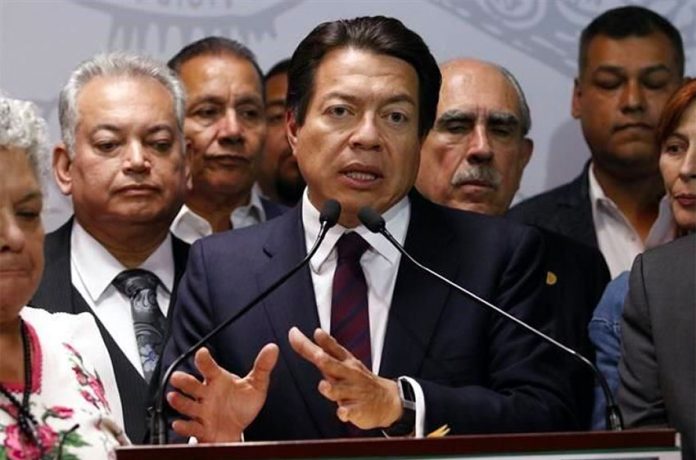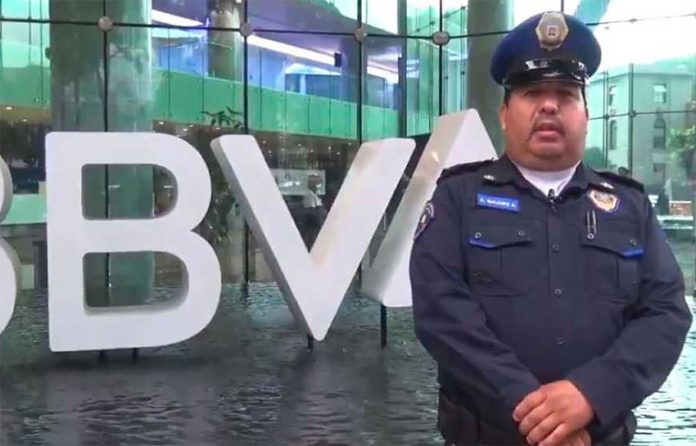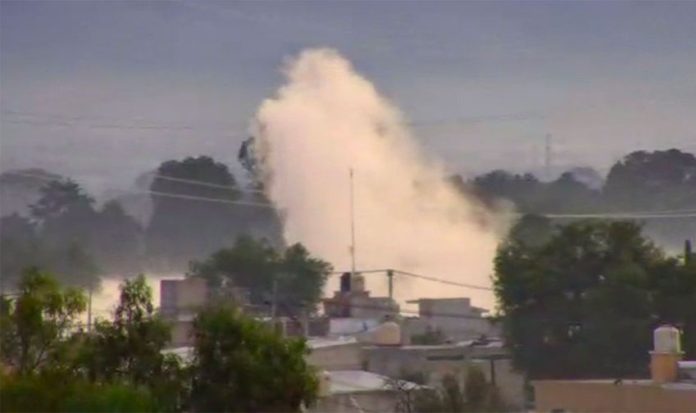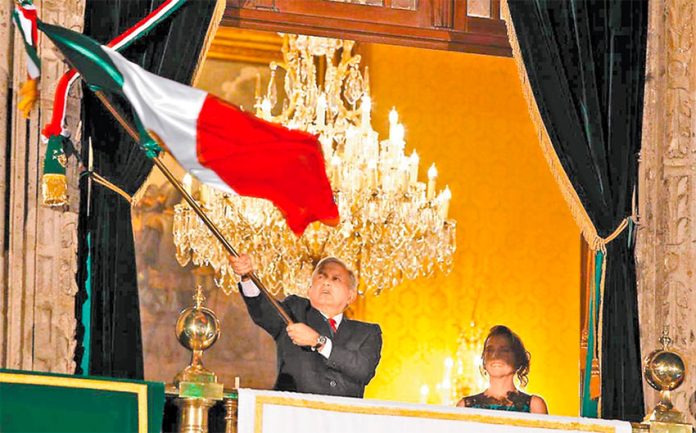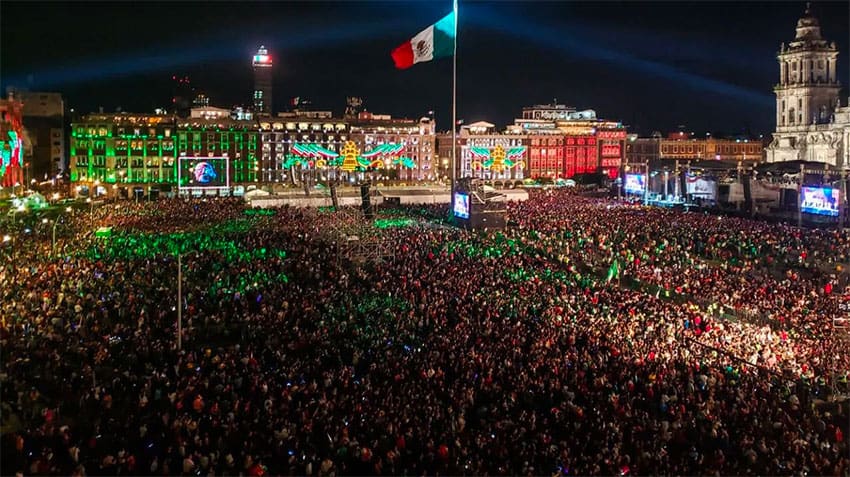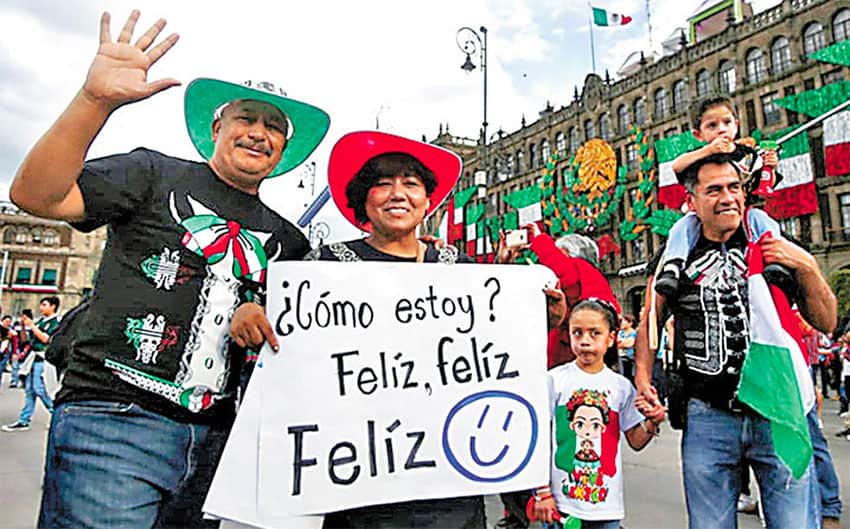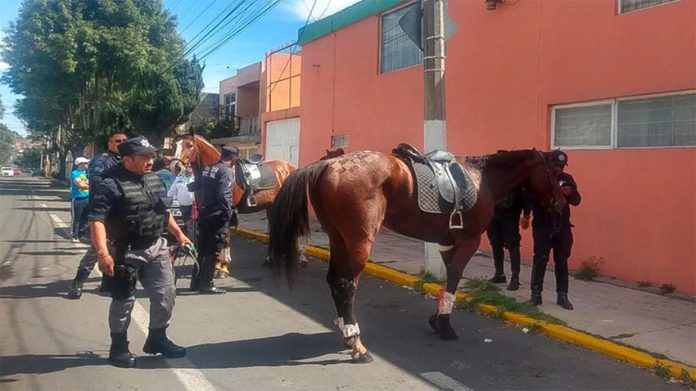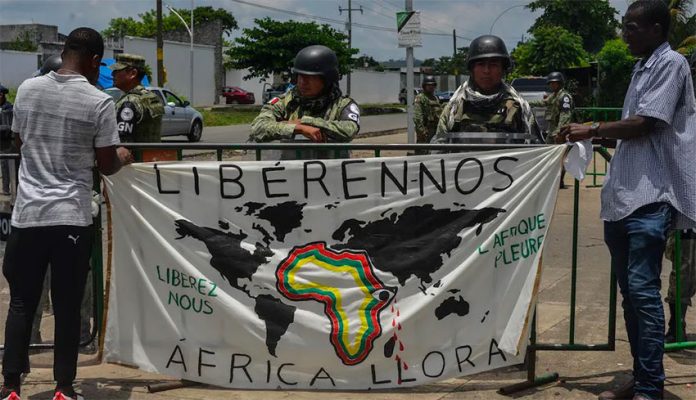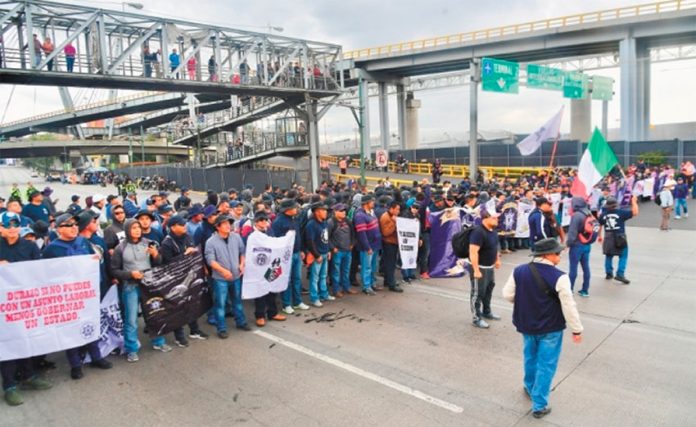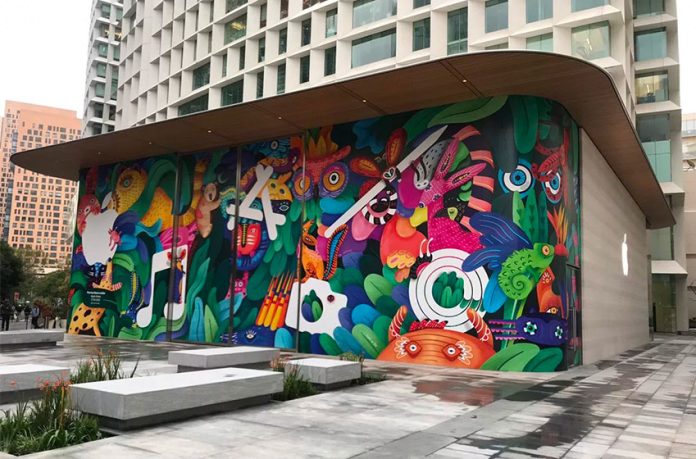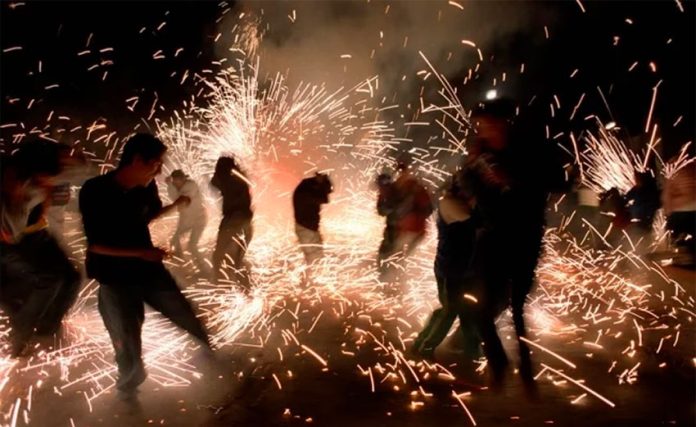Even if one didn’t speak French or Spanish, the large hand-painted map of Africa, outlined in iconic green, black and red and featuring a crying eye on the Horn with giant tears falling all the way to Capetown, saying Liberez nous and Liberar nosotros (free us), would be an obvious plea for help.
That from Tapachula on Mexico’s southern border one morning this week.
I never expected that bonjour, bonne chance, bom dia, boa sorte would be competing with buenos dias, buena suerte (all three are basically polite ways to say hello and goodbye/good luck) as I continued to look into the migrant situation in southern Mexico.
But then I never expected to be chatting in French with 7 and 8-year-old sisters from Kinshasa, Congo, or in Portuguese with a 15-year-old from Angola; or racking my brain to remember where Mauretania is, either; or finally watching a 30-something firebrand from Ghana give an impassioned stand-up interview in Portuguese to Univision before courteously switching to English for me.
The Mexican immigration facility is said to hold up to 3,000 detainees in what must be a more comfortable state than that enjoyed by the huddled families in 50 rain-soaked tents in the patio outside. The latter were sun-drying their sleeping bags on the metal barriers separating them from dual cordons of Plexiglas riot-shielded Mexican Federal Police (the policewoman doing her nails behind the riot shield looked to be a weak link in their human chain) and Mexico’s newly-formed National Guard.
Ghanaian “José,” probably born Joseph, summed up the prevalent feelings. Pointing to his black forearm he asked dramatically for the camera and perhaps rhetorically why the “Mexicans were keeping them there for up to three months when Brazilian, Peruvian, Ecuadorian, Colombian, Nicaraguan, Honduran and Guatemalan immigration authorities had treated them courteously, quickly, and without the need for armed guards.
Central Americans and other nationalities came and went with travel permits in hand. His lament was echoed by each of the score or so with whom I talked from among the estimated 500-1,000.
A Honduran, himself an atypical migrant, told me that it was because the “Africans” were asking for a special permit that would allow them to travel north to the border with the U.S., but were being offered a limited permit to travel only south to the nearby Guatemalan border, and then back to where they came from, which in most cases meant Africa.
As if to punctuate this assertion, while I was there a chartered luxury bus pulled out of the main facility with its police escort. Southbound.
The atypical Honduran, himself deported last year from Dallas on “trumped-up charges,” was there advising five family members on deportation avoidance technique, with which he claimed unusual familiarity, having also been deported three times by Mexico. If they made it, he intended to join them illegally in Dallas.
Where is “back where they came from?” The first person I greeted with my to-be-stock greeting of bonjour, said he was from Mauritania. As it turned out he was one of “30 Mauritanians” of which I spoke to four. All, if their stories were to be believed, flew to Brazil, bused to the Colombian border, then crossed all of Colombia on foot via the legendarily un-crossable Darien Gap, the missing link in the Alaska to Argentina Interamerican Highway on their route to Panama.
Haitians and two giggling Congolese sisters, happy that there was no school, and happier still to show me the different finger combinations that added up to their ages, filled out the French speaking list.
A 15-year-old from Angola rounded out the Portuguese speaking list. All of the children in the impromptu camp seemed happy, from toddlers to the small boys racing around the troops and their riot shields, unaware of the latters’ definitely serious mission. Joseph and a second Ghanaian were the only English-speakers I encountered
Joseph, who told me that he had learned Portuguese “at school,” and his companion from Ghana, unlike all the others I asked, arrived in Brazil by boat from due east Ghana.
That the Africans are being given a bureaucratic “treatment” by Mexican authority is clear. That racism is involved seems probable, although a language issue at least muddies the waters, given the apparent lack of English, Portuguese and French-speaking immigration officials in Mexico’s ICE, not even taking into account that the three European languages were not evidently mother tongues for the vast majority.
That racism if present comes from avowedly race-conscious Mexico seems equally likely. I was reminded of a decades-old study by a prominent Mexican historian whose examination first of portraits then photos showed that as of that time, every single Mexican president had married a lighter-than-himself complexioned woman.
Will “push come to shove” in this impasse? It has already on several occasions, most notably after an estimated 300 Cubans overpowered unresisting and untrained immigration personnel and lit off into the unknown. Certainly an estimated five months from Africa to Mexico transit time, followed by a three-month wait for resolution are likely ingredients in a forceful confrontation.
The writer is a Guatemala-based journalist.
